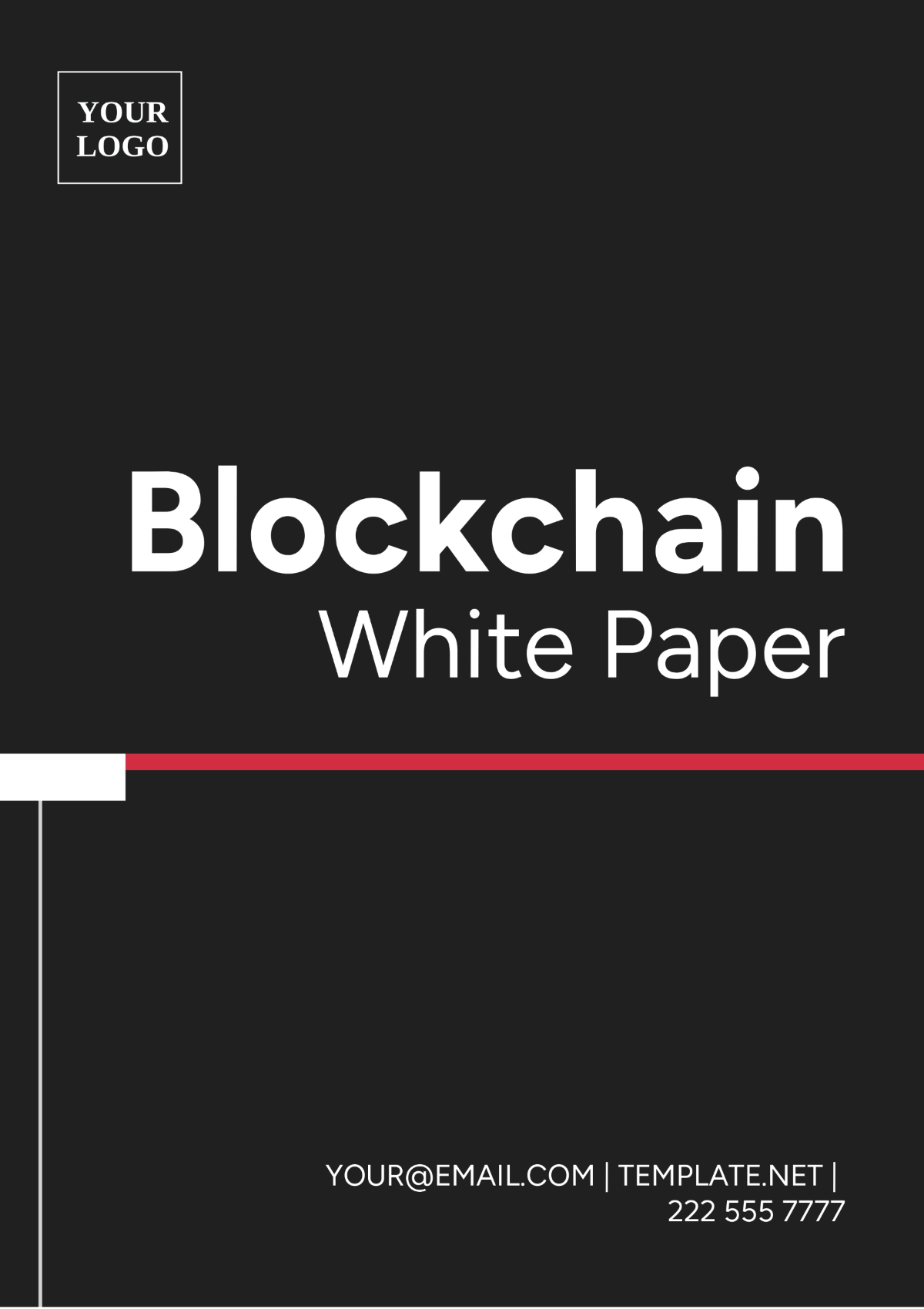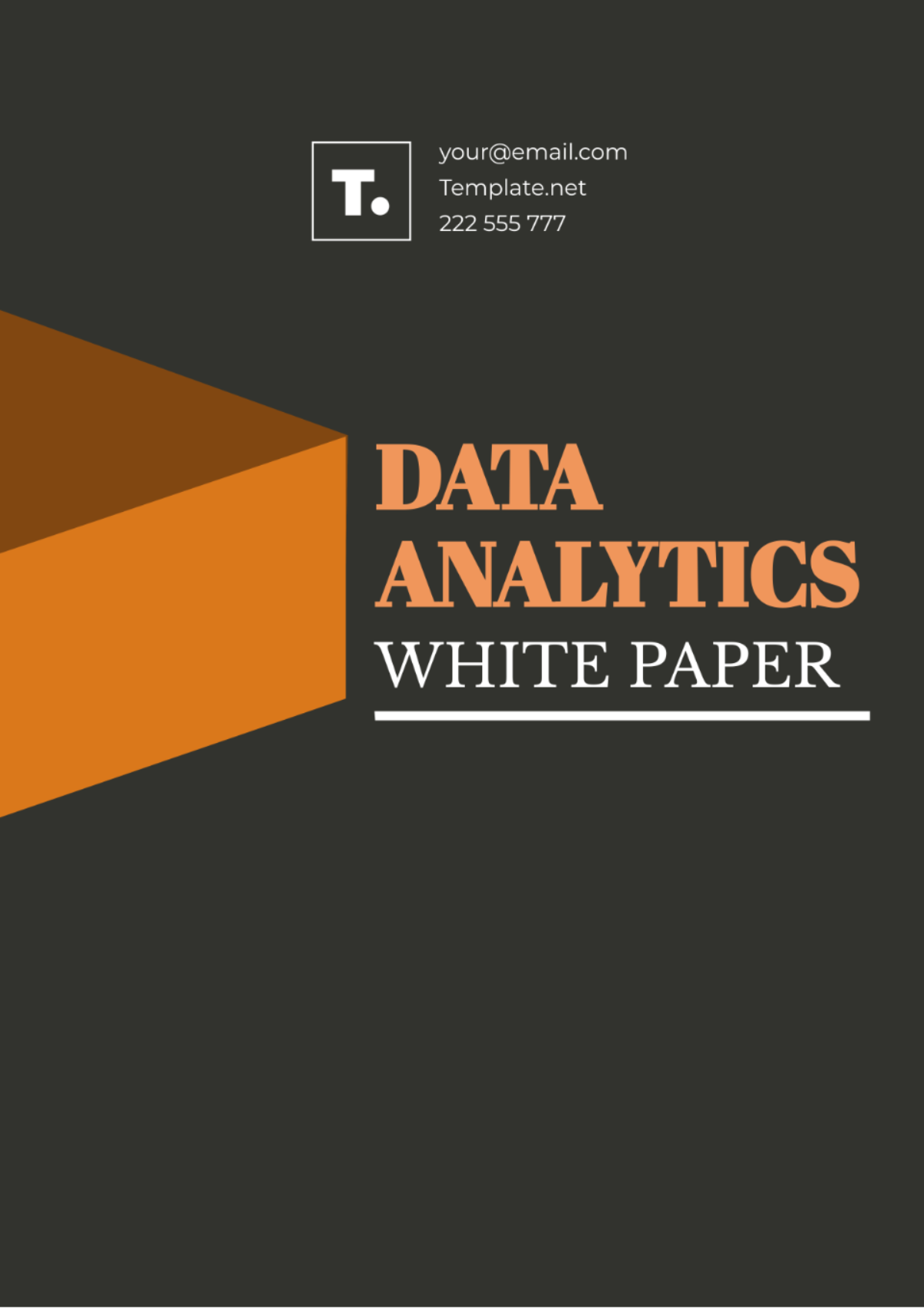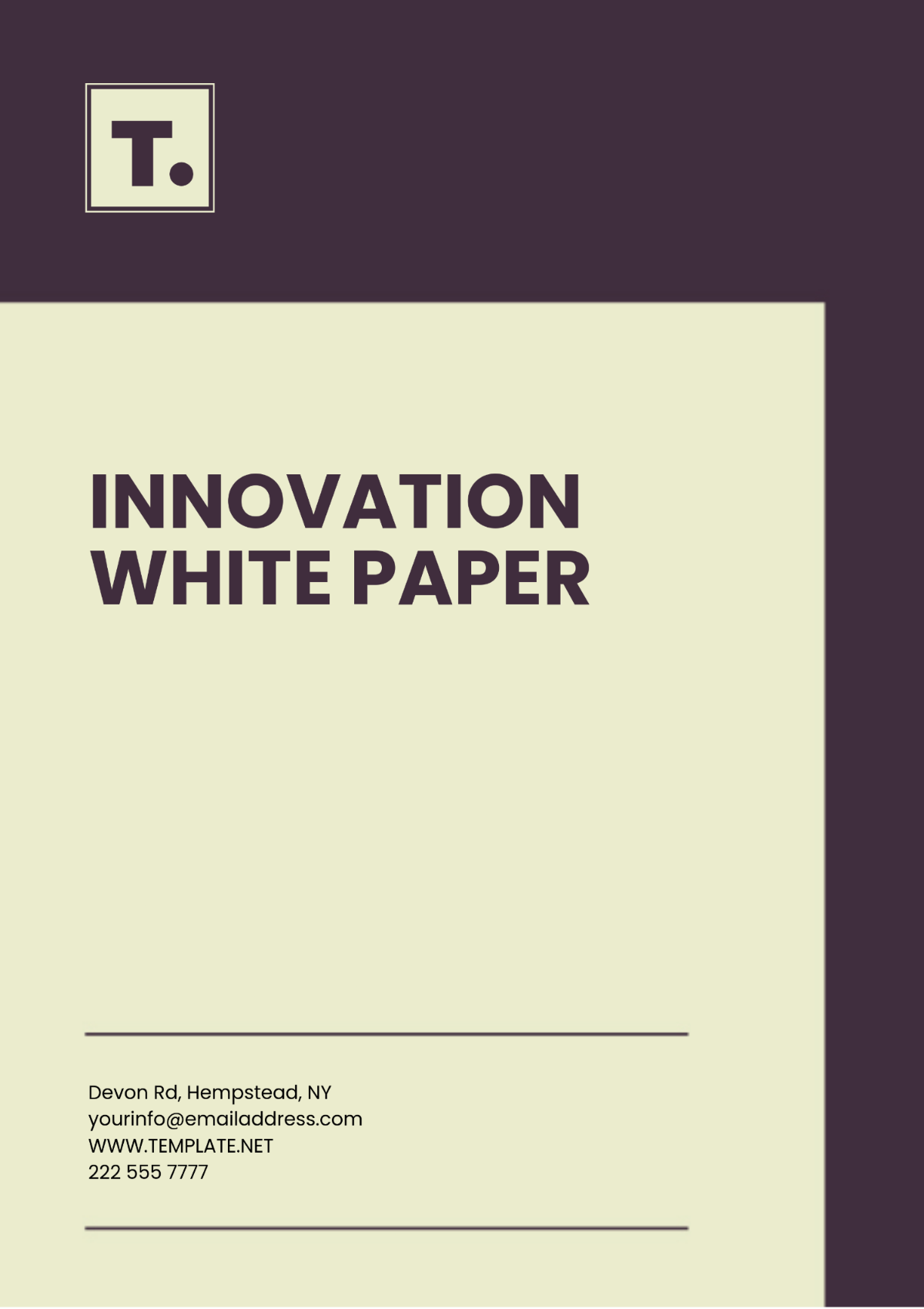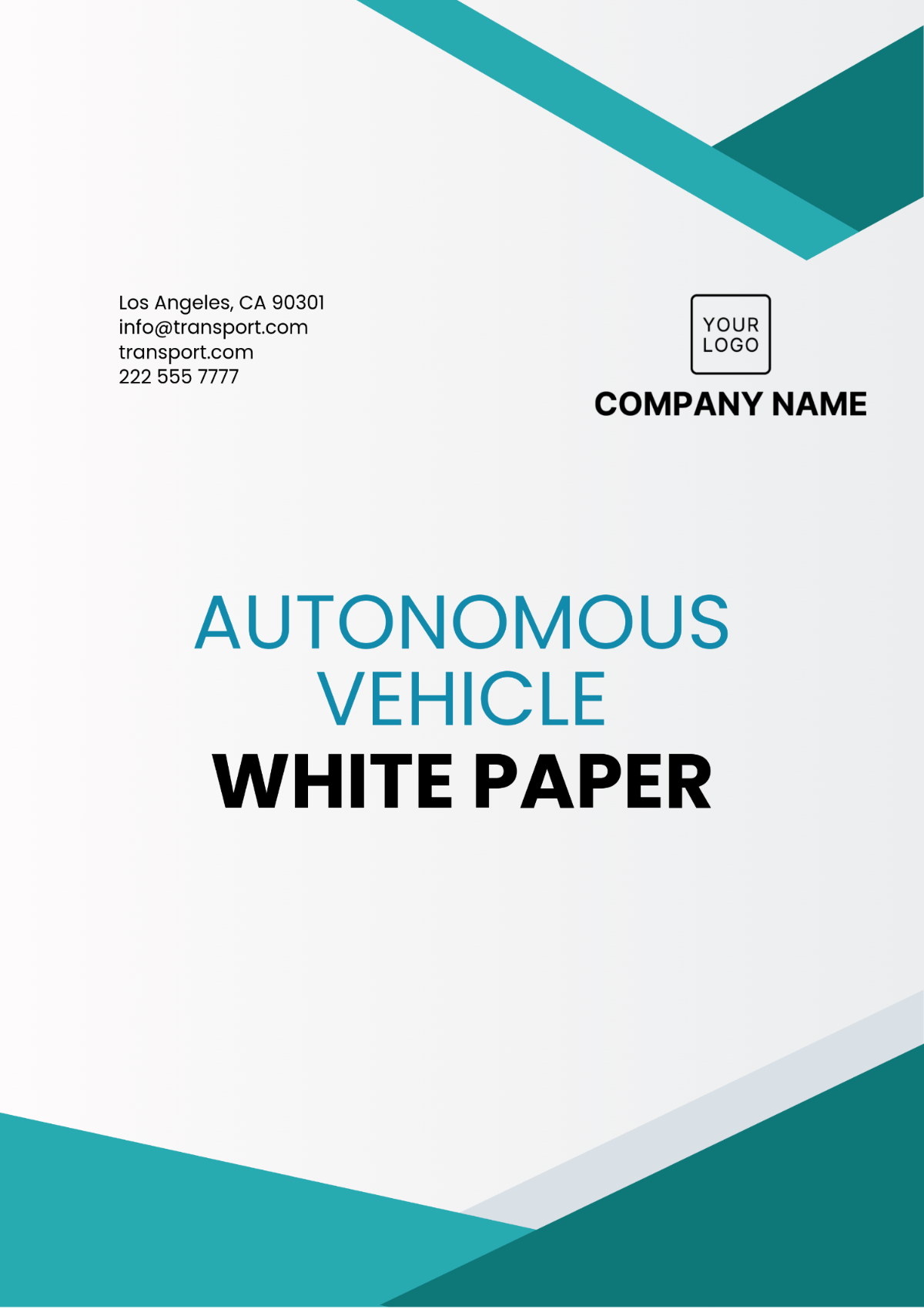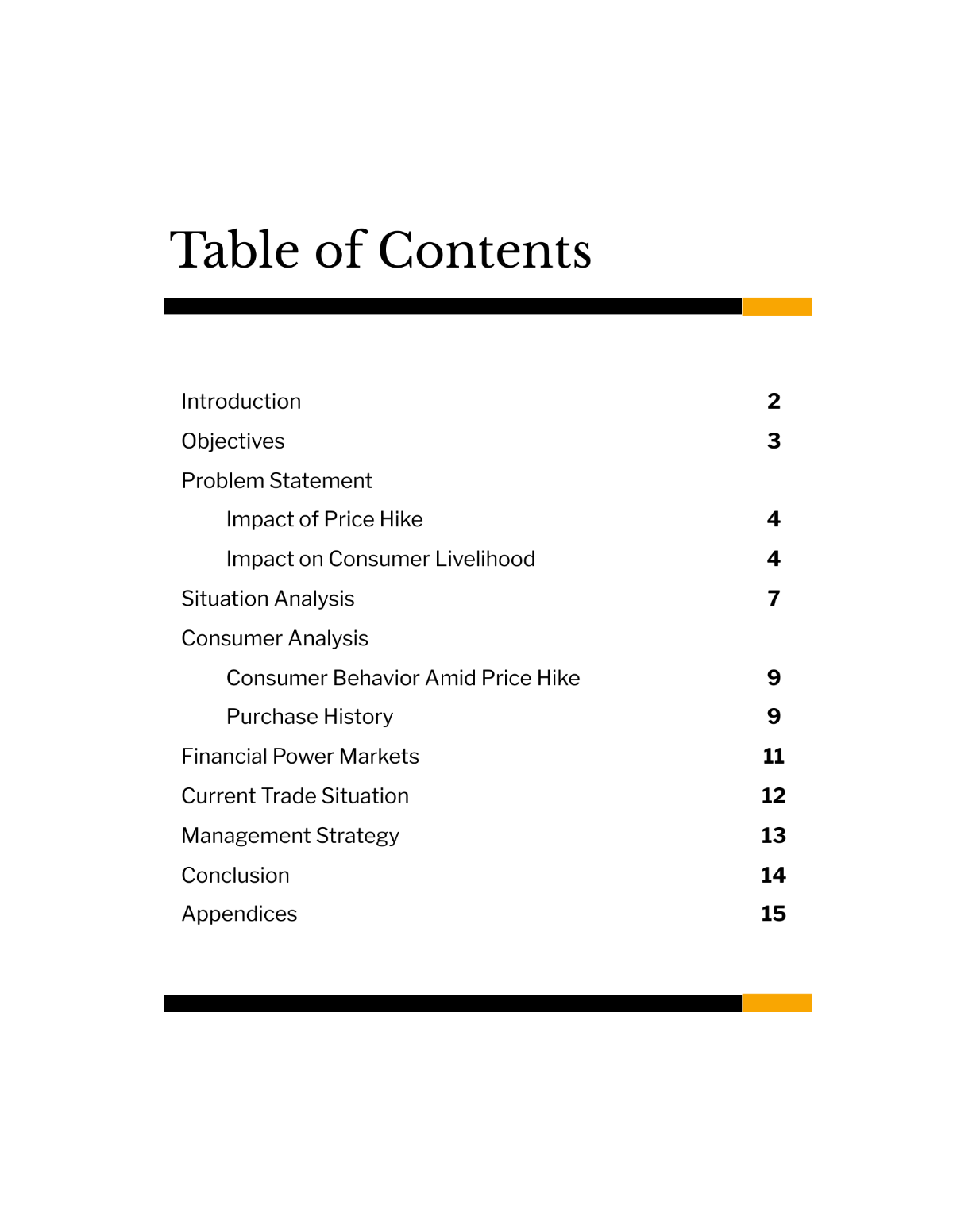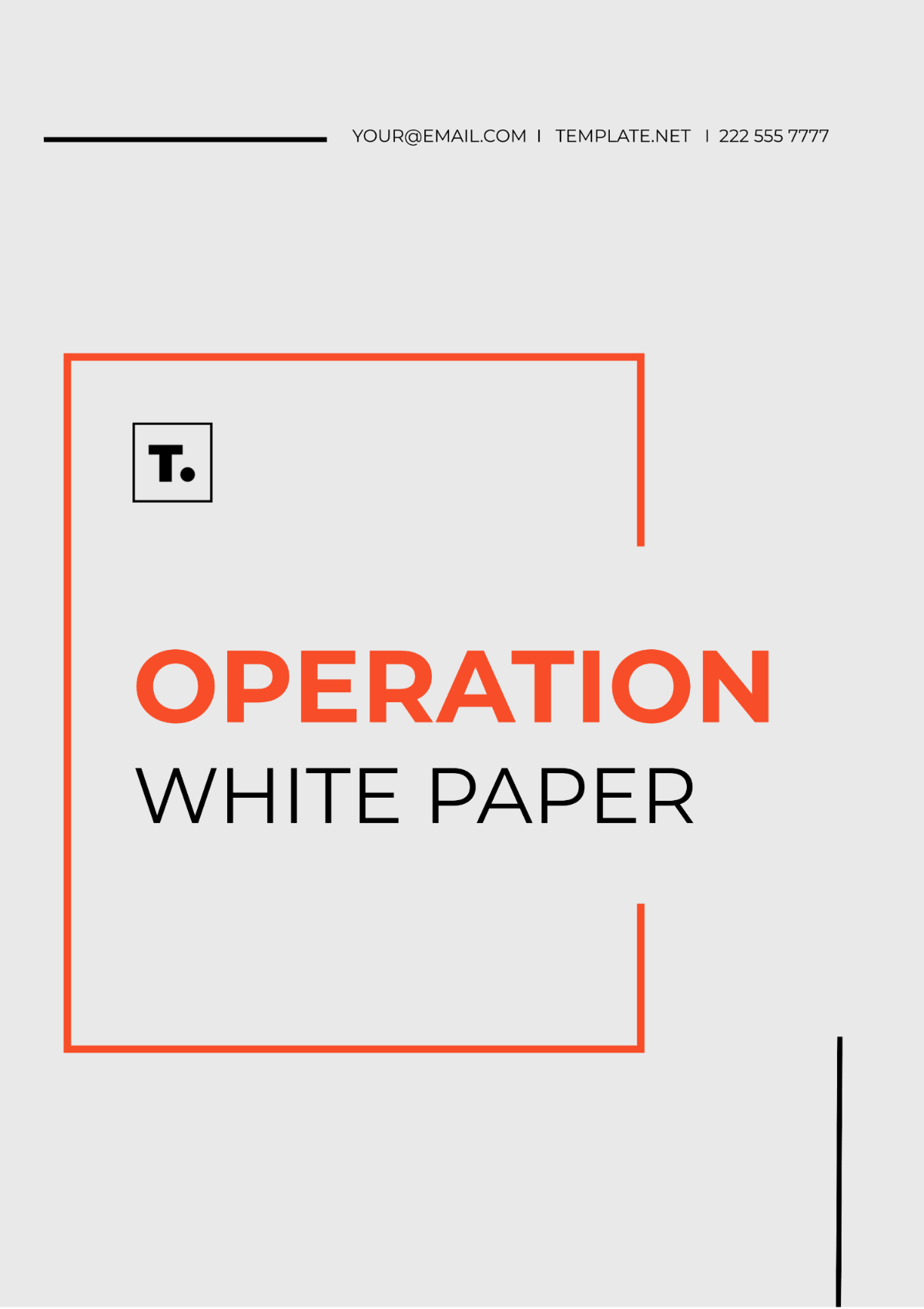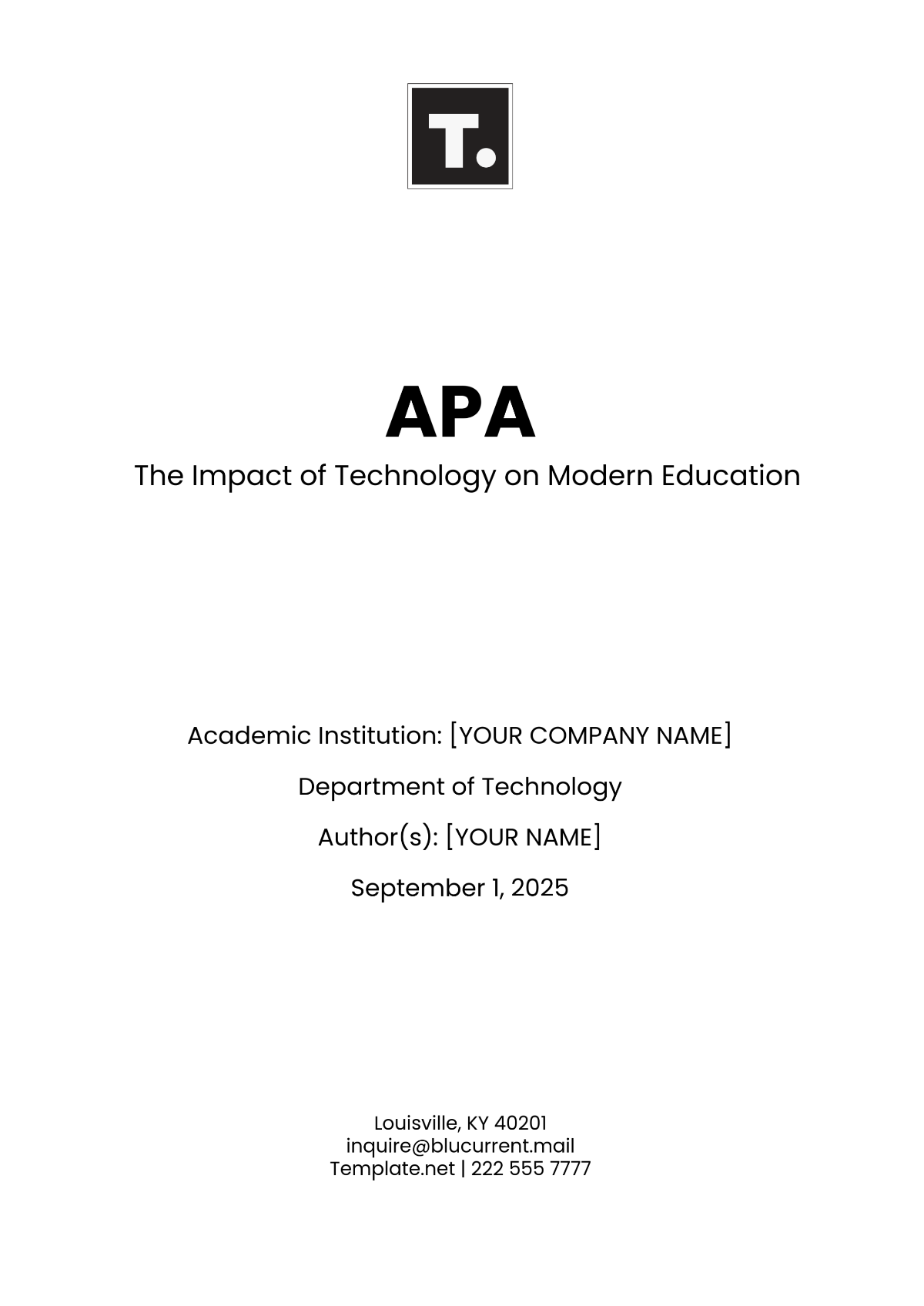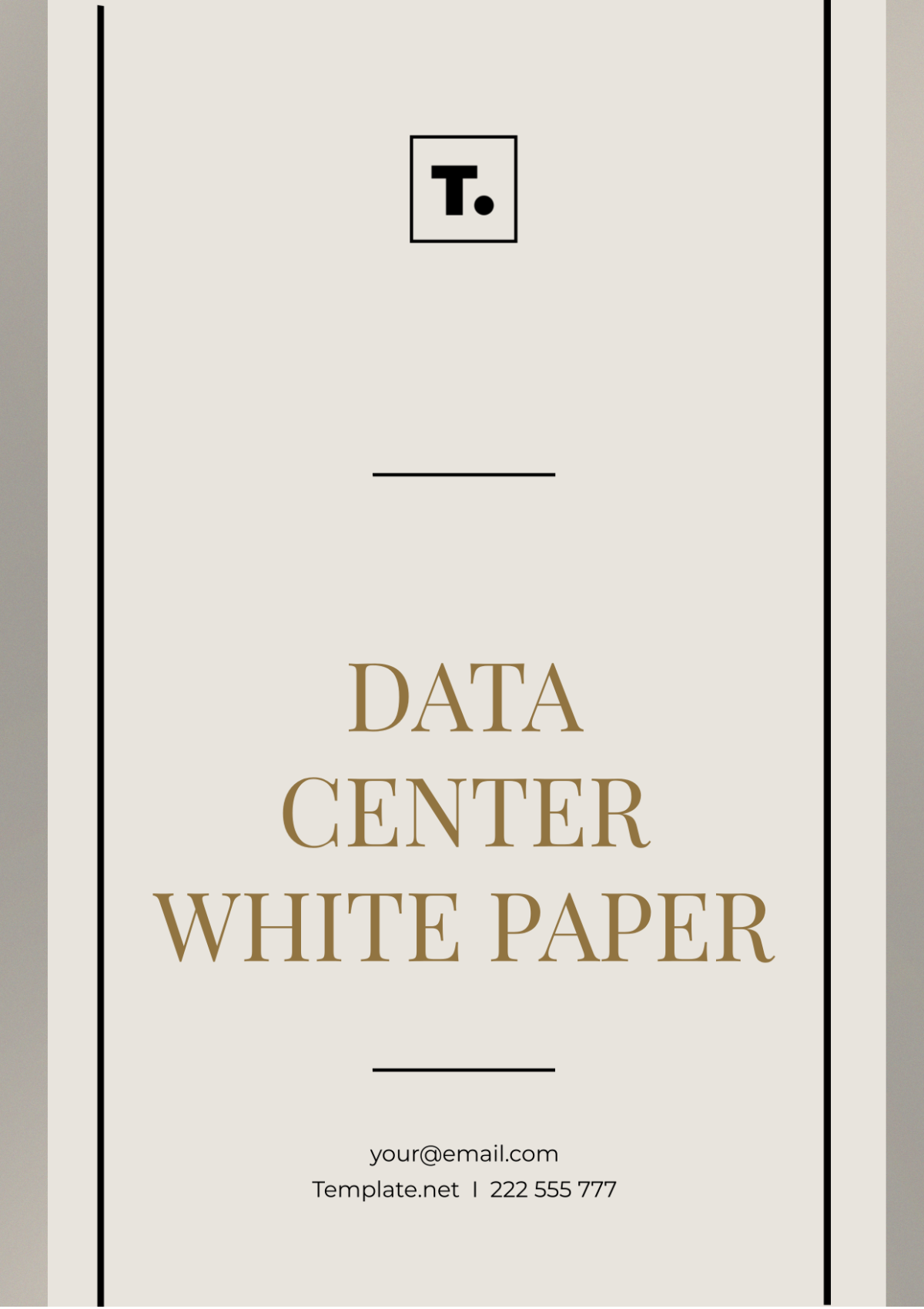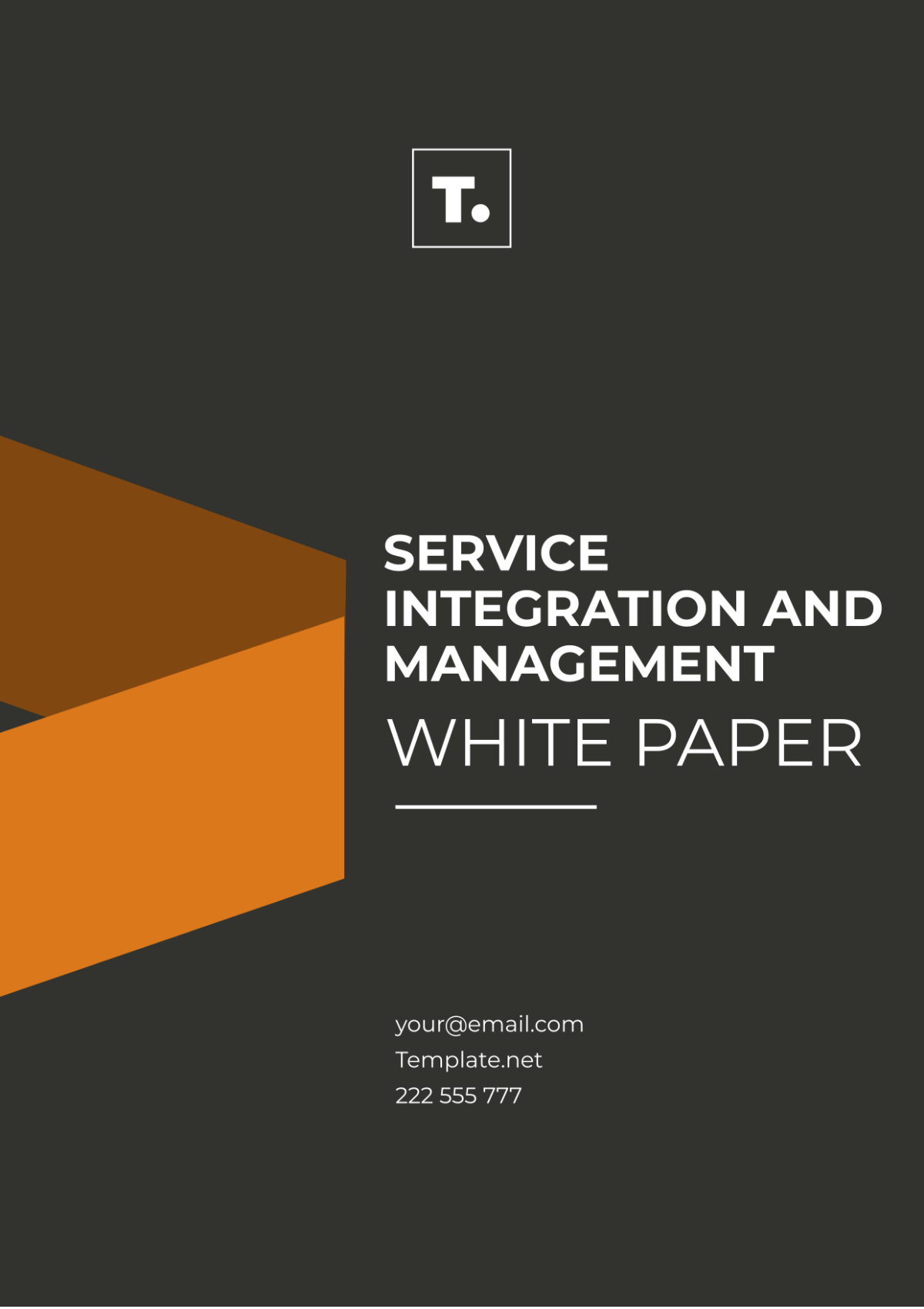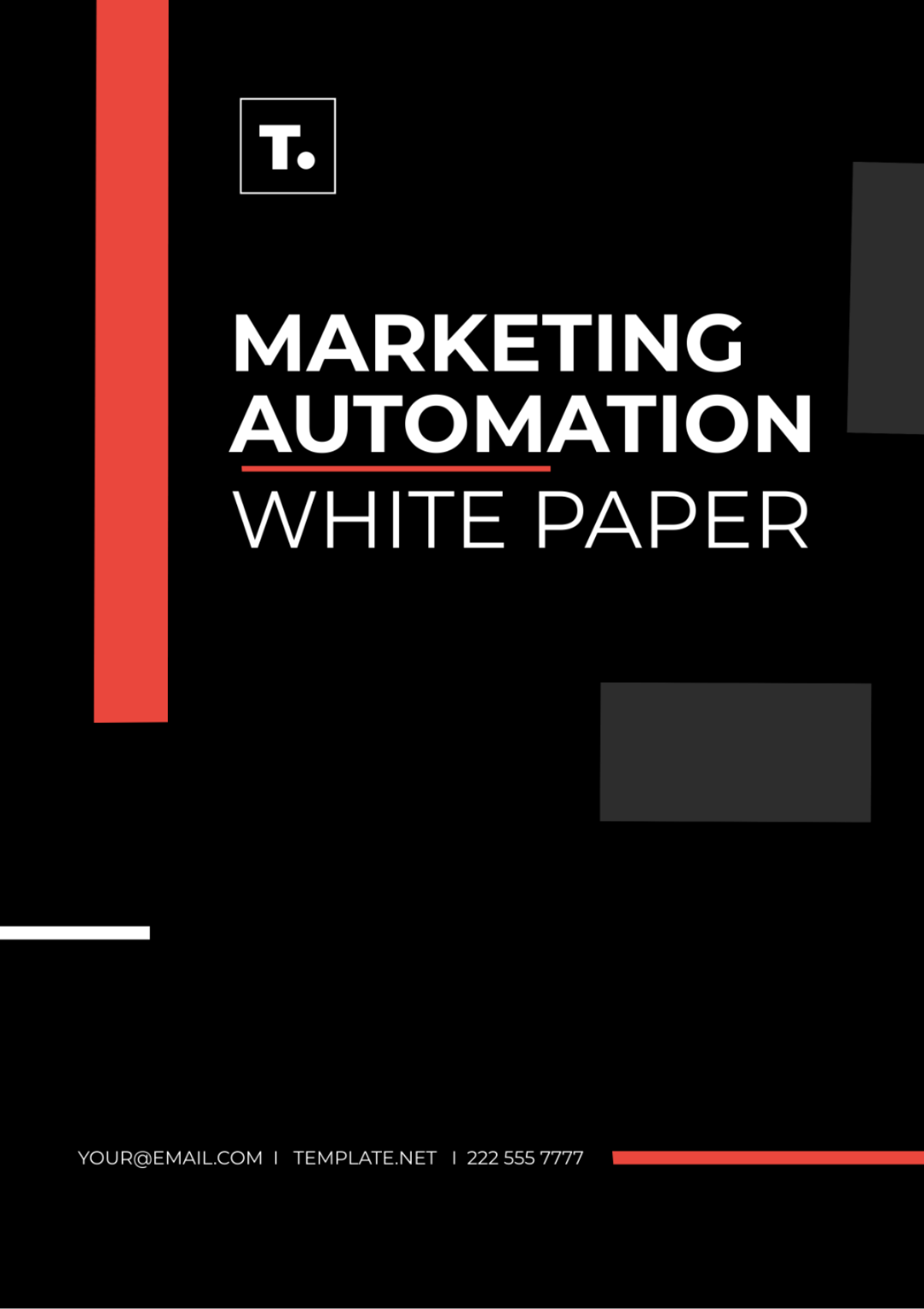Ethereum ICO White Paper
Prepared by: [Your Name]
Company: [Your Company Name]
Department: [Your Department]
Date: [Date]
I. Executive Summary

This White Paper provides comprehensive information about the upcoming Initial Coin Offering (ICO) by [YOUR COMPANY NAME]. Here, we outline the technical features, potential market, and financial benefits of our Ethereum-based token, aiming to revolutionize [INDUSTRY OR SECTOR].
A. Problem Statement:
Addressing the need for decentralized platforms for smart contracts and decentralized applications (DApps).
B. Objective:
Introducing the Ethereum ICO project and its mission to revolutionize blockchain technology.
C. Key Features:
Highlighting the key features of Ethereum, including smart contracts, decentralized consensus, and the Ethereum Virtual Machine (EVM).
D. Token Sale:
Summarize the details of the Ethereum ICO token sale, including token distribution and fundraising goals.
II. Introduction
This section introduces the Ethereum project, providing background information on blockchain technology and the motivation behind Ethereum's development.
A. Background:
Explaining the evolution of blockchain technology and the limitations of existing platforms for building DApps.
B. Vision:
Articulating Ethereum's vision of creating a decentralized platform for executing smart contracts and building DApps.
C. Mission:
Outlining the mission of the Ethereum project to enable the development of a global, open-source platform for decentralized applications.
III. Technology Overview
Providing an overview of Ethereum's technology stack, including its architecture, consensus mechanism, and programming language.
Section | Description |
|---|---|
Architecture | Describing the layered architecture of Ethereum, including the Ethereum Virtual Machine (EVM), state storage, and consensus layer. |
Consensus Mechanism | Explaining Ethereum's consensus mechanism, currently transitioning from proof-of-work (PoW) to proof-of-stake (PoS) with Ethereum 2.0. |
Programming Language | Introducing Solidity, Ethereum's programming language for writing smart contracts. |
IV. ICO Objectives
This section should clearly define the goals of the ICO. These objectives should be specific, measurable, achievable, relevant, and time-bound (SMART).
[OBJECTIVE 1]: Define the first specific objective of the ICO, outlining its measurable outcomes and relevance to the project's overall success.
[OBJECTIVE 2]: Specify the second objective of the ICO, ensuring it aligns with the project's vision and contributes to its achievement within a defined timeframe.
[OBJECTIVE 3]: Describe the third objective of the ICO, ensuring it is achievable and supports the project's strategic goals effectively.
V. Tokenomics
Define the economic model of your token. Include how the tokens will be distributed, their total supply, and the value proposition of your tokens.
Token Allocation | Percentage | Details |
|---|---|---|
Pre-ICO | [XX]% | [DETAILS] |
Public Sale | [XX]% | [DETAILS] |
Team and Advisors | [XX]% | [DETAILS] |
Reserve | [XX]% | [DETAILS] |
VI. Technology Overview
This section should provide a comprehensive technical description of the underlying technology of your ICO, including its architecture and how it integrates with Ethereum:
Blockchain Technology: [SPECIFY TECHNOLOGY]
Smart Contracts: [DESCRIPTION]
Consensus Mechanism: [TYPE OF CONSENSUS MECHANISM]
VII. Roadmap
Detail the development and deployment timeline of the ICO project. Provide a clear timeline structured around key milestones.
Phase | Q1 | Q2 | Q3 | Q4 |
|---|---|---|---|---|
Development | [DETAILS] | [DETAILS] | [DETAILS] | [DETAILS] |
Testing | [DETAILS] | [DETAILS] | [DETAILS] | [DETAILS] |
Launch | [DETAILS] | [DETAILS] | [DETAILS] | [DETAILS] |
Ensure each phase includes specific details and milestones relevant to the development, testing, and launch processes of the ICO project.
VIII. Conclusion
Summarize the opportunities your ICO represents for investors and the impact it is projected to have on [INDUSTRY]. Emphasize the importance of your solution and how investors can participate in the ICO.
IX. References
Buterin, V. (2013). Ethereum: A Next-Generation Smart Contract and Decentralized Application Platform.
Antonopoulos, A. M. (2018). Mastering Ethereum: Building Smart Contracts and DApps. O'Reilly Media.
Wood, G. (2014). Ethereum: A secure decentralised generalised transaction ledger.
Szabo, N. (1994). Smart Contracts: Building Blocks for Digital Markets.















